Student of Samarkand State University, Ozoda Inoyatillo is the youngest physicist to participate in the finals of the international UniSat program
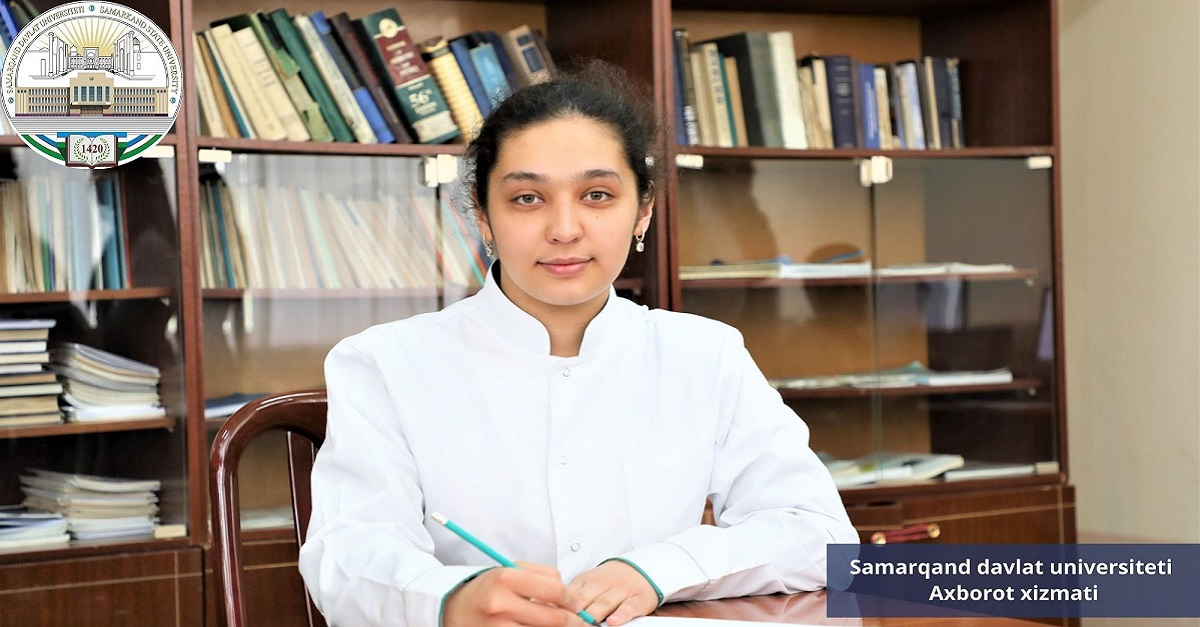
Ozoda Inoyatillo is a first-year student at the Faculty of Physics of Samarkand State University. She was one of 20 Uzbek girls who participated in the finals of the UniSat project organized by the United Nations International Fund for Development (UNICEF).
UniSat is an educational program organized by the United Nation's UNIICEF foundation, the Ministry of Innovative Development of the Republic of Uzbekistan and the Al-Farabi National University of Kazakhstan. Its main goal is to increase the participation of girls in science, gender equality in science and technology, space technology and education, the development of girls' knowledge and skills in the field of nanotechnology, as well as consists of development of the skills such as teamwork and creativity. The program is supported by the "Dubai Cares" International Foundation.
"The UniSat project is a great opportunity for girls in science to improve their knowledge and skills," said Ozoda Inoyatillo. In November, I received a message announcing a competition for the program’s 4-month training course and applied. After that, I started studying physics, astronomy, space technology, and 3D modeling, along with 300 other girls who were selected to teach the course. After each lesson, we were given homework and we were assessed on how well we did. Based on the results of the exam at the end of the course and the grades we received during the training, 20 out of 300 girls were selected for the finals. It's great to be one of them. The final was held on March 20-30, 2022 in Almaty, Kazakhstan. More than 150 girls from Uzbekistan, Kazakhstan and Kyrgyzstan took part in it. During the 10-day seminar, we learned how to design, program and assemble spacecraft, and 3D modeling from relevant experts. Using the knowledge gained during the training, we developed nanosatellite bodies with the help of 3D modeling under the guidance of teachers. After several experiments, we launched three of the nanosatellites into the stratosphere and performed the first experiments. This project was a school of experience and skill for me. I learned a lot of new things. In the summary, I was recognized as the youngest participant in the project.
At present, together with my teammates, we want to introduce the technological experience of creating nanosatellites in our country and organize the next season of UniSat in Uzbekistan.
For reference, nanotechnology is currently being developed in many of the world's leading universities and commercial organizations. The nanosatellites, which belong to the class of small spacecraft, weigh up to 10 kilograms and will be equipped with several cameras. One of them is capable of capturing a 4K elliptical image of the Earth. This camera captures high-resolution images of the Earth and space during the satellite's flight. Specially installed sensors also collect information on radiation, pressure, gravity, light and air composition and transmit the received information, video and images to Earth for analysis. The advantage of UniSat's nanosatellites is that it accurately monitors the composition of the air.

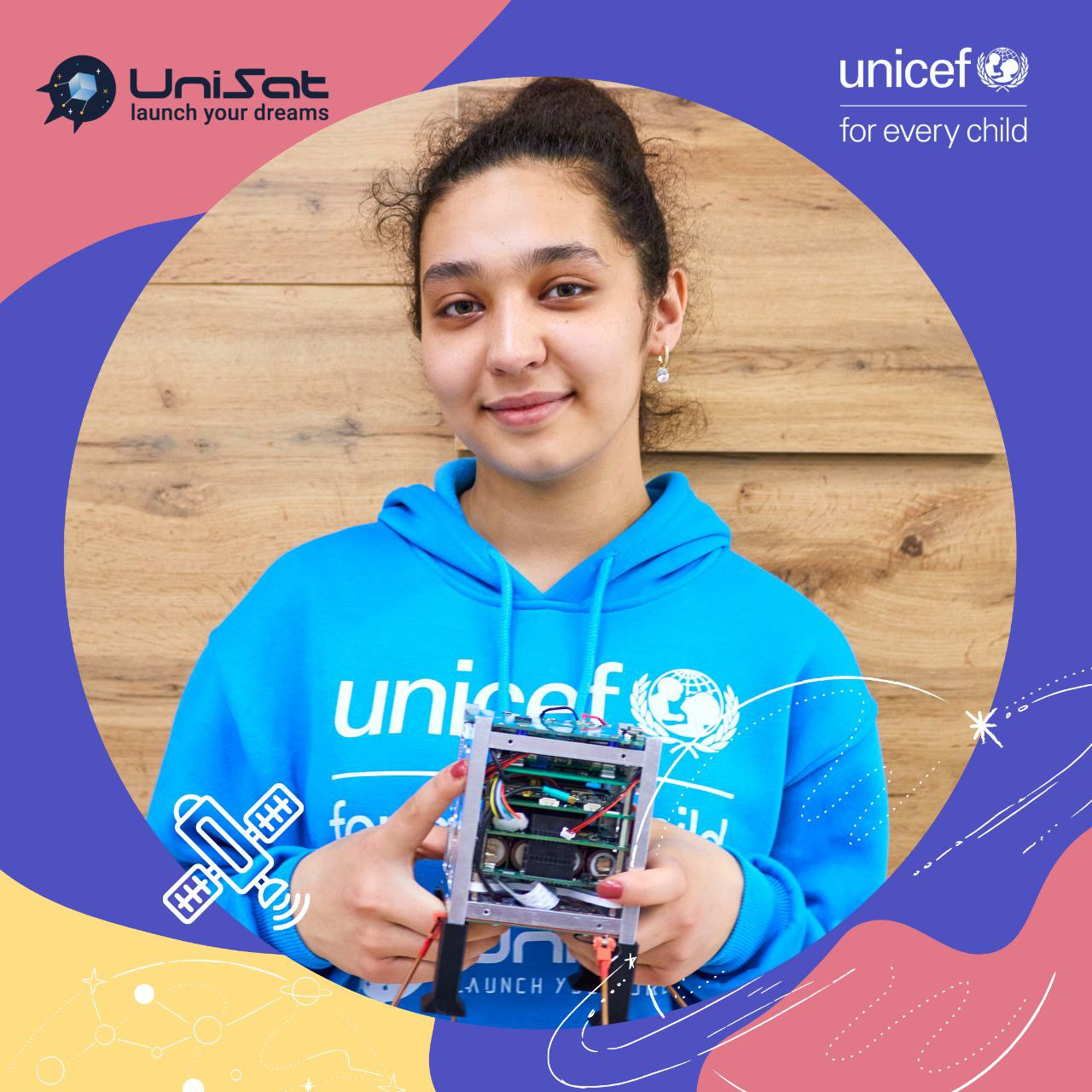
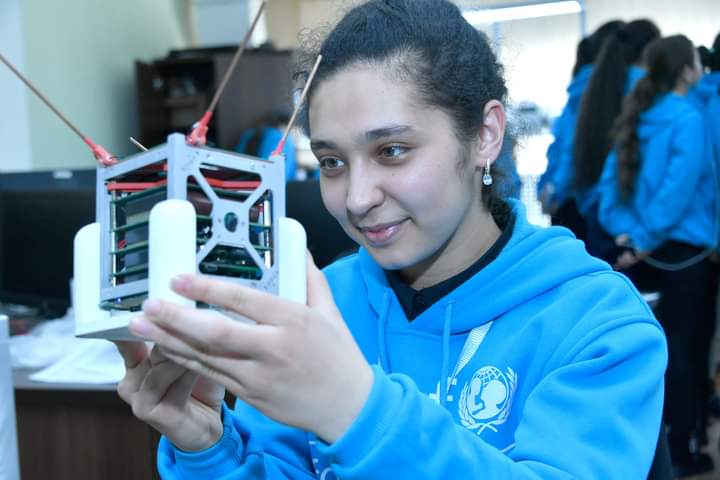
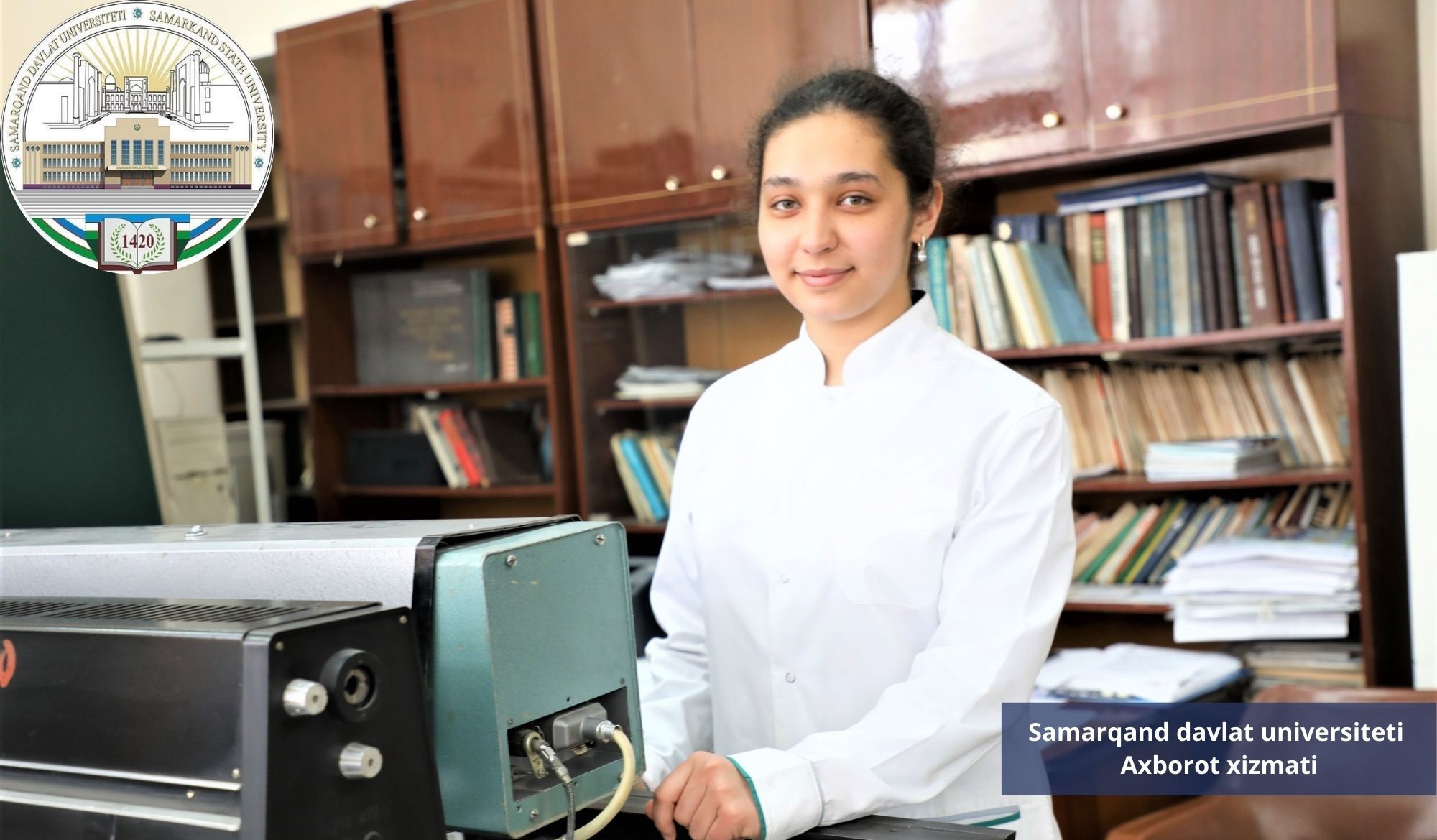
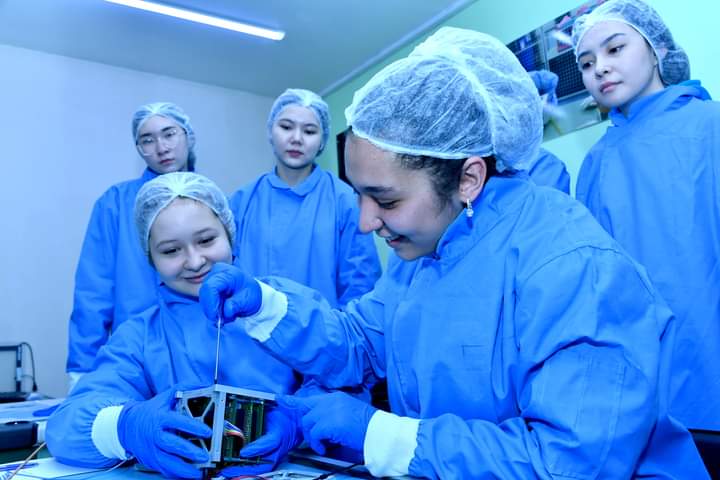
Iroda Bekmurodova,
Samarkand State University
Information Service Officer.

